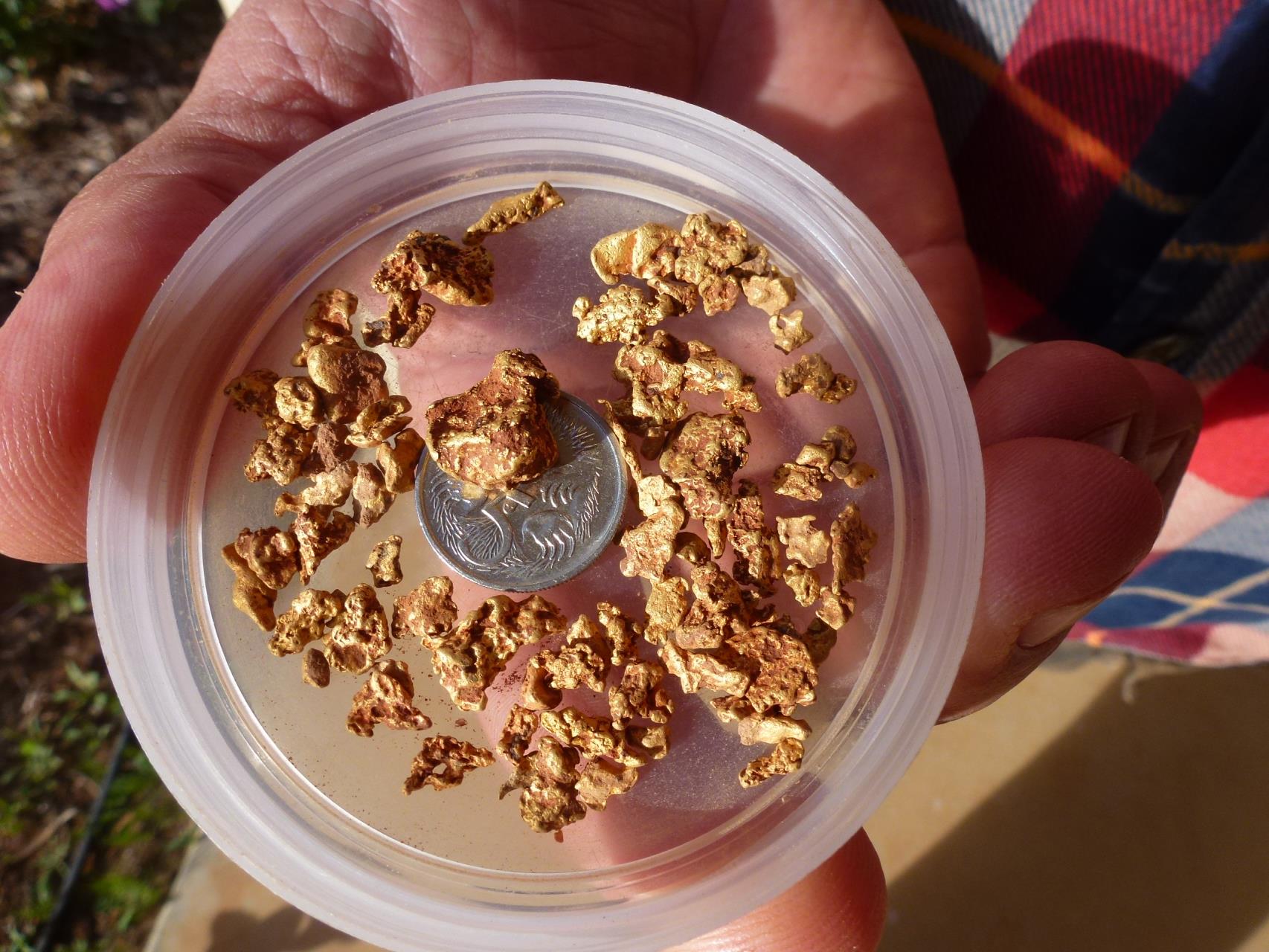The terms ‘prospecting’ and ‘fossicking’ are used interchangeably when searching for minerals, however, the term ‘fossicking’ has a specific definition in the Mining Act, 1978. ‘Fossicking’ refers to the collection of mineral samples or specimens, other than gold or diamonds, for the purpose of a mineral collection, lapidary work or hobby interest. The term ‘prospecting’ ‘includes the search for all minerals including the use of metal detectors.
Both ‘prospecting’ and ‘fossicking’ require a Miner’s Right.
Miner’s Right holders can prospect on Crown land, which includes pastoral leases. However, when fossicking on Crown land or conservation land, holders need prior written consent from land occupiers.
Prospecting or fossicking on mining tenements can only be carried out with consent from mining tenement holders and cannot be carried out on reserved land (except where the purpose is a Common, Mining or Public Utility).
You can prospect on:
- unallocated or vacant Crown land not covered by a granted mining tenement
- Crown land that is the subject of a pastoral lease, or lease for grazing and timber and is not covered by a granted mining tenement, provided prior notice is given to the lessee
- mining tenements, provided you have written permission from the tenement holder
- granted exploration licences, provided you have a Section 40E Permit. These permits provide access to nominated Crown land areas on granted exploration licences, described as graticular blocks. Permits are valid for three months and only allow the use of handheld tools.
Note: Mining tenement is the general term used in the Mining Act 1978 to refer to all granted leases and licences. Tenement application is the term used for a lease or licence not yet granted.
You cannot prospect on national parks, nature reserves, within town sites or other classified reserves such as cemeteries. A Permit to Enter is required to search for any mineral on private property (farm land). The permit can be issued by the department. Contact with the landowner should be made before entry.
Permission from the Native Title party is required to enter land where exclusive native title rights have been determined to exist. Protection is also given to Aboriginal heritage sites, and prospectors must not interfere with them. Large penalties and fines exist for breaches.
When prospecting on Crown land, you are required to:
- ensure the least possible damage to land surfaces
- fill in disturbances on the surface of the land made
while conducting activities that are likely to endanger
the safety of any person or animal
- take all necessary steps to prevent fire, damage
to trees or other property and livestock
- not obstruct any public thoroughfare or undermine
any road, railway, dam or building - endangering
public safety
- not remove any fencing, timber etc. previously
erected around or placed on an abandoned shaft or
pit, etc. - rendering the area unsafe.
Prospectors may remove limited samples from Crown land, however, activities such as strip mining (using front-end loaders and bulldozers or similar machinery to strip the surface of soil or vegetation) are not permitted.These types of operations may only be carried out on a granted mining tenement and conditions will be applied that require compliance with the methods of rehabilitation laid down by the Department of Mines and Petroleum .
While prospecting activities are allowed as described above, it is an offence under the Mining Act 1978 to carry out mining and exploration on any land without authorisation. A penalty of $150,000 (plus $15,000 per day if the offence is a continuing one) for individuals or $300,000 (plus $30,000 per day) for body corporates apply.
For further information on prospecting & fossicking in WA go to:
Government of Western Australia - Department of Mines & Petroleum
http://www.dmp.wa.gov.au/minerals/prospectors-fossickers-1525.aspx
